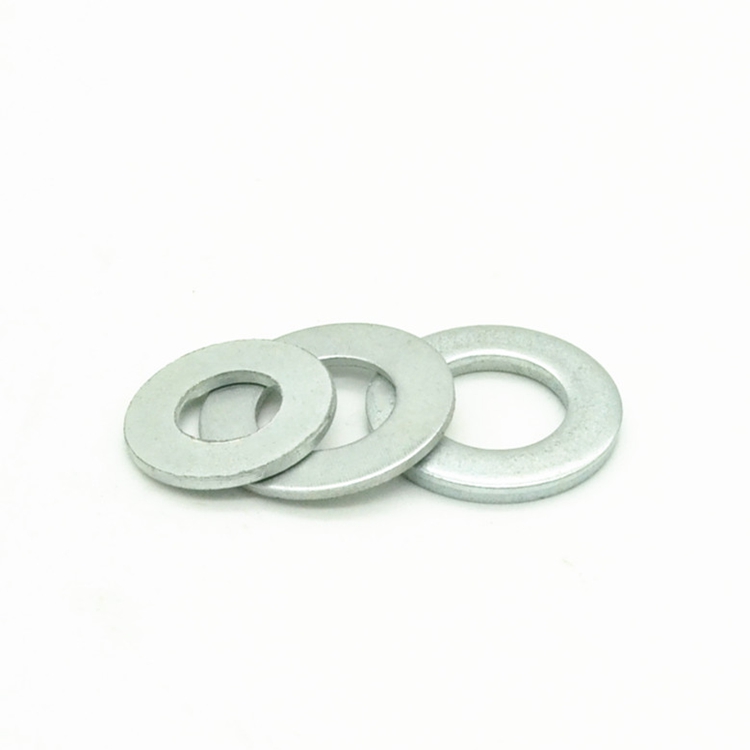high quality trailer bolts
Nov . 23, 2024 06:39 Back to list
high quality trailer bolts
High-Quality Trailer Bolts The Backbone of Trailer Safety and Performance
When it comes to transporting goods, a reliable trailer is essential. One of the crucial components that ensure the safety and functionality of trailers is the bolts used in their assembly. High-quality trailer bolts are not just a convenience; they are a necessity for anyone who frequently relies on trailers for hauling cargo. In this article, we will delve into the importance of high-quality trailer bolts, what to look for when choosing them, and how they contribute to the overall performance and safety of your trailer.
The Importance of High-Quality Trailer Bolts
Trailer bolts play a critical role in securing various components of a trailer, including the frame, axle, hitch, and other parts. Since trailers often carry heavy loads and are subject to continuous movement and vibration, using inferior bolts can lead to failure over time. High-quality trailer bolts are designed to withstand these stresses, providing the necessary strength and durability to ensure that your trailer operates safely and efficiently.
One of the primary reasons to invest in high-quality bolts is the potential for accidents. A failure in one of the trailer's critical components can lead to catastrophic results, including loss of control, collisions, or damage to the load being carried. By opting for superior bolts, you are making a conscious choice to prioritize safety—not just for yourself but for other road users as well.
Characteristics of High-Quality Trailer Bolts
When shopping for trailer bolts, several characteristics distinguish high-quality options from their lower-quality counterparts. Here are some key factors to consider
high quality trailer bolts

1. Material High-quality trailer bolts are typically made from robust materials such as carbon steel or alloy steel. These materials provide excellent tensile strength, making them capable of withstanding heavy loads and harsh environmental conditions. Stainless steel bolts offer additional corrosion resistance, making them ideal for use in damp environments or regions with salt exposure.
2. Grade and Specification Bolts are categorized by their grade, which reflects their strength and manufacturing standards. For trailer applications, bolts should generally be at least Grade 5 or higher. Always check that the bolts meet industry standards such as ASTM (American Society for Testing and Materials) specifications to ensure their integrity.
3. Coating Many high-quality trailer bolts come with protective coatings such as zinc plating or hot-dip galvanization. These coatings help protect the bolts from rust and corrosion, enhancing their lifespan and performance over time.
4. Thread Design The thread design of the bolt is crucial in providing a secure fit. High-quality trailer bolts usually feature well-defined threads that enhance gripping ability and prevent loosening over time. Additionally, the length and diameter of the bolt should be appropriate for the specific application and load requirements.
5. Certifications Look for bolts that have been certified or tested by independent third-party organizations. This guarantees that they meet specific safety and strength standards, providing peace of mind when using them.
Conclusion
In conclusion, high-quality trailer bolts are essential for anyone who relies on trailers for transporting goods. Investing in durable, well-manufactured bolts helps ensure not only the safety of the trailer but also the security of the load being transported. By considering factors such as material, grade, coating, thread design, and certifications when selecting trailer bolts, you can make a well-informed decision that enhances the performance and safety of your trailer. Remember, the time and effort spent on choosing the right components will pay off significantly in terms of reliability and peace of mind on the road. So the next time you check your trailer, pay close attention to its bolts—after all, they are the unsung heroes holding it all together.
Latest news
-
High-Quality Panel Stud Bolt Reliable Panel Stud Bolt Factory & Suppliers
NewsJul.08,2025
-
High-Precision Fine Thread Locknuts Manufacturer & Supplier Custom Solutions
NewsJul.08,2025
-
PH Imperial Stud Bolt – High Strength Fasteners from Leading Supplier & Factory
NewsJul.07,2025
-
High-Quality Allen Wrench Bolts Leading Factory, Company & Suppliers
NewsJul.07,2025
-
Wholesale Ball Stud Bolt - High Quality Supplier & Factory Price Reliable Wholesale Ball Stud Bolt Company
NewsJul.06,2025
-
High-Strength Alloy Bolts Manufacturer & Supplier Quality Alloy Fasteners Factory
NewsJul.06,2025
